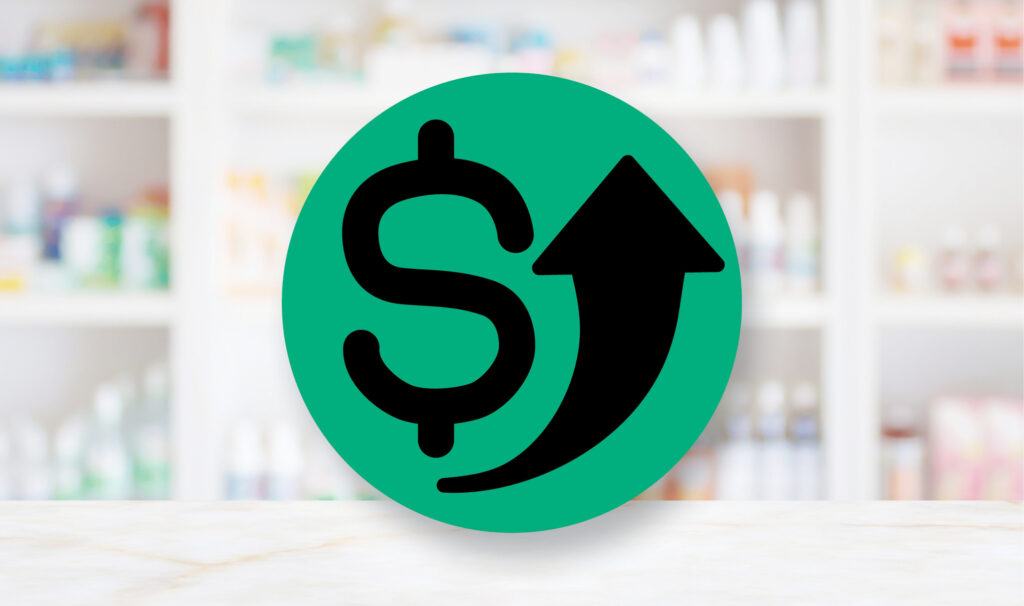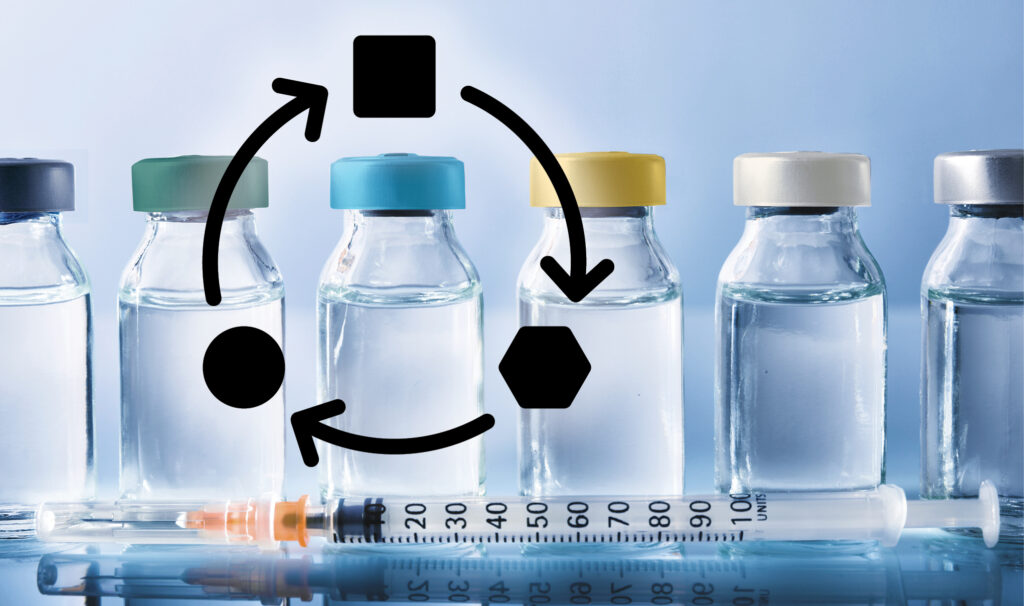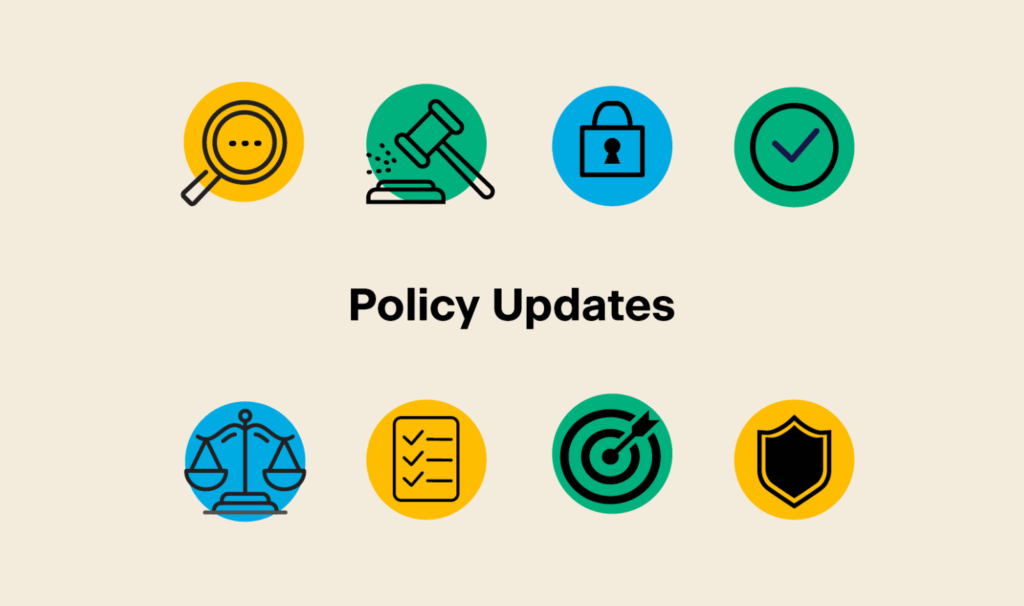News/Blogs
Biosimilar Impacts and Strategies Webinar
Background
As the healthcare industry continues to evolve, biosimilar impacts and strategies are playing an increasingly significant role in managing specialty drug costs while maintaining quality care. With over 100 FDA-approved biosimilars and more on the way, self-funded health plans have a powerful opportunity to reduce drug spend and improve access to critical medications.
However, biosimilar adoption comes with challenges, from provider education to formulary strategies. At Serve You Rx, we take a strategic, client-centric approach to ensure that you can fully leverage the benefits of biosimilars while navigating the complexities of the market.
Here’s what you need to know about biosimilar impacts and strategies to optimize your pharmacy benefit plan.
Understanding Biosimilars and Their Role in Cost Savings
Biosimilars are highly similar to their reference biologics, offering comparable safety, efficacy, and quality at a significantly lower cost. Unlike traditional small-molecule generics, biosimilars require rigorous FDA testing to ensure they match the reference product in clinical performance and patient outcomes.
- Key Savings Opportunity: The introduction of biosimilars has led to increased competition, which can dramatically lower specialty drug costs — especially for high-cost conditions like autoimmune diseases and oncology.
- Example: Biosimilar alternatives to Humira are already delivering annual savings of $50,000+ per patient, making them an essential tool for self-funded plans looking to control drug spend.
Overcoming Barriers to Biosimilar Adoption
Despite the clear financial benefits, biosimilar adoption has been slower than expected due to several hurdles:
- Interchangeability Restrictions: Unlike generics, most biosimilars are not automatically substitutable at the pharmacy level, requiring prescriber approval.
- Provider and Patient Hesitancy: Physicians may be hesitant to switch from a familiar biologic, and patients may have concerns about safety and efficacy, despite strong clinical data.
- Rebate Strategies from Manufacturers: Brand-name biologic manufacturers often offer large rebates to deter biosimilar uptake, creating a challenge for plan sponsors looking at total net cost savings.
Solution: Education and formulary alignment are key. Plans that prioritize biosimilars in their formulary design and provider outreach can drive adoption while maintaining high-quality care.
The Expanding Biosimilar Market: What’s Next?
Biosimilars are growing across multiple therapeutic categories, with some of the biggest impacts expected in oncology.
- The FDA has approved over 100 biosimilars, with more than 70 already on the market and dozens more in development.
- Upcoming Keytruda biosimilars (expected in 24–30 months) will shake up the oncology space, driving significant savings in one of the fastest-growing drug categories.
- Psoriatic conditions, ophthalmology, and autoimmune treatments are also seeing an increase in biosimilar competition, offering plans more opportunities for cost containment.
Actionable Strategy: Staying ahead of biosimilar approvals and integrating them quickly into formularies ensures early adoption benefits and greater long-term savings.
How Serve You Rx is Leading in Biosimilar Strategy
At Serve You Rx, we’ve developed a proactive Biosimilar Advantage Formulary that maximizes savings while ensuring seamless member transitions.
- Strategic Formulary Design: We place cost-effective biosimilars in preferred tiers while restricting high-cost brand alternatives that offer no clinical advantage.
- Adaptive Clinical Programs: Our specialty carve-out solutions and assistance programs help members access biosimilars at the lowest possible cost.
- Strategic Partnerships: By collaborating with Cost Plus Pharmacy and international sourcing partners, we eliminate unnecessary supply chain markups and provide affordable, high-quality alternatives.
The Result: Our clients are saving tens of thousands of dollars per member by prioritizing biosimilars without compromising care quality.
Key Takeaways: How to Succeed with Biosimilars
For self-funded health plans looking to manage rising specialty drug costs, biosimilars offer a proven path to savings. But success requires a thoughtful, strategic approach.
- Biosimilars drive major cost savings—plans can reduce spend by $50,000+ per patient per year by switching from brand biologics.
- Overcoming adoption barriers is critical—education, formulary placement, and provider engagement all play a role in accelerating biosimilar use.
- The market is expanding rapidly—with new oncology and autoimmune biosimilars on the horizon, plans need to be nimble and proactive.
- Serve You Rx’s Biosimilar Advantage Formulary ensures that plans capture maximum savings while maintaining seamless member access and high-quality care.
Q&A
Biosimilars represent a significant opportunity, though they won’t necessarily reduce the number of specialty drugs on the market. Instead, they can help slow the rate of specialty drug spending growth.
A holistic approach remains key, incorporating strategies like specialty carve-outs, international sourcing, and manufacturer assistance programs to manage overall costs. Biosimilars play a critical role in this strategy and will continue to expand in influence.
For clients seeking maximum savings, the process typically involves:
1. Biosimilar Preference Formulary – Ensuring the initial claim is directed toward a biosimilar or lower-cost option.
2. Prior Authorization (PA) Optimization – Ensuring PAs are approved for cost-effective options first.
3. Manufacturer Assistance – Utilizing financial assistance programs when available.
4. International Sourcing – Exploring options if manufacturer assistance isn’t viable.
5. Copay Assistance Programs – Leveraging copay maximizers if other savings strategies don’t apply.
This structured approach helps mitigate high-cost claims—often $20,000–$25,000—by starting from a lower-cost baseline, leading to meaningful plan savings.
Yes, biosimilars are impacting multiple therapeutic areas, but the most anticipated growth is in oncology and cancer treatments. These represent the highest cost for most plans, making them a prime focus for cost-saving strategies.
For example, Keytruda is currently the highest-revenue drug on the market, projected to generate nearly $30 billion in 2025. Compare that to Humira, which was the top-grossing drug just a few years ago at over $20 billion. With biosimilar entry, Humira’s revenue is forecasted to drop by 60%, down to less than $8 billion.
If oncology biosimilars follow a similar trajectory, this could translate to massive cost savings for plans covering members who need these life-saving treatments.
Our biosimilar formulary will be updated every six months, aligning with our broader formulary update schedule.
In the near term, our focus is on a few key drug categories, particularly immunology and oncology. Stelara is a major focus right now, with biosimilars already approved and others pending. We’re closely monitoring Wezlana and considering potential formulary adjustments, such as tier changes or exclusions.
For those interested in staying informed, we offer a drug update newsletter at Serve You Rx. This resource provides a non-sales-focused overview of upcoming drug changes, formulary updates, and key industry insights. Nancy, if you’d like, we can drop the sign-up link in the chat for those who’d like to receive updates.
At Serve You Rx, our primary goal is to secure the lowest net cost option for our clients.
Manufacturers of reference products often offer aggressive rebates to maintain market share, sometimes creating a near-cost parity with biosimilars. However, we’ve observed that competition among biosimilars continues to drive costs down over time. We saw this with Humira, where biosimilars entered the market at cost parity but quickly widened the gap in favor of lower-cost alternatives.
Another key factor is high-deductible health plans (HDHPs). Members in HDHPs can face substantial upfront costs—Humira at $7,000 per dose is a major financial burden at the start of the year. A biosimilar at $600–$800 per month significantly improves access and affordability for these members. While plan-level savings may be modest at first, the member experience and adherence benefits are substantial.
Yes, we partner with multiple organizations that facilitate international sourcing for biosimilars. However, availability can fluctuate based on supply chains and regulatory approvals.
To ensure minimal member disruption, we’ve designed our process to be adaptable—when a biosimilar is available internationally, we allow clients to access our full range of clinical programs without restrictions. If an international source isn’t viable, we seamlessly pivot to domestic alternatives.
Take the Next Step
Want to learn how Serve You Rx can help your plan reduce specialty drug costs with a biosimilar-focused strategy? Our Biosimilar Advantage Formulary is designed to maximize savings while ensuring clinical excellence.
Reach out today to discuss how our custom biosimilar solutions can help your organization take advantage of this transformative shift in pharmacy benefits.
About Serve You Rx®
Serve You Rx is a full-service pharmacy benefit manager (PBM) with unquestionable flexibility and an unwavering commitment to doing what's best for its clients. With a fervent focus on those it serves, including insurance brokers, consultants, third-party administrators, and their clients, Serve You Rx delivers exceptional service and tailored, cost-effective benefit solutions. Independent and privately held for nearly 40 years, Serve You Rx can implement new groups in 30 days or less and say "yes" to a wide variety of viable solutions. Known for its adaptability, quality, and client-centricity, Serve You Rx aims to be a benchmark for better client service.



